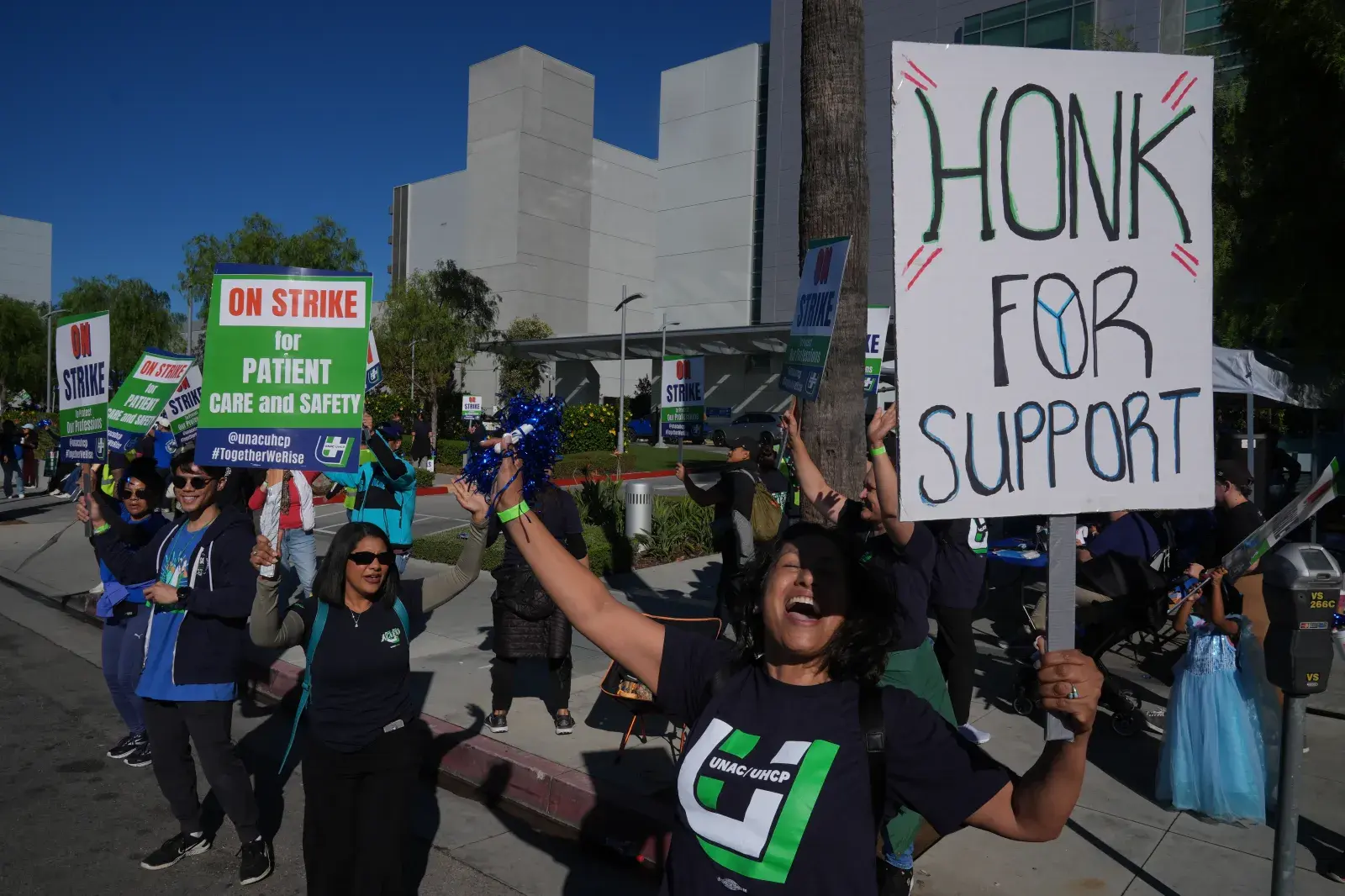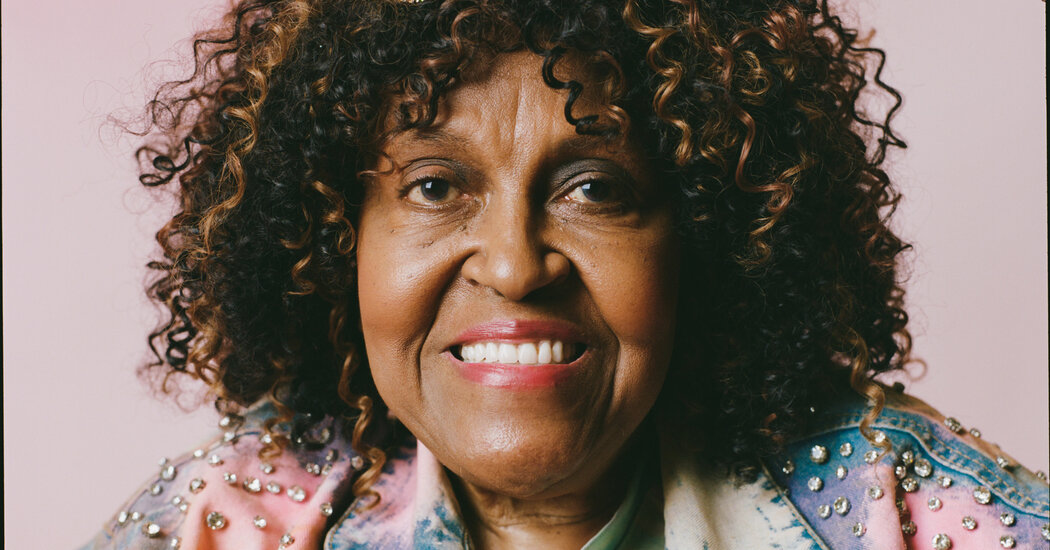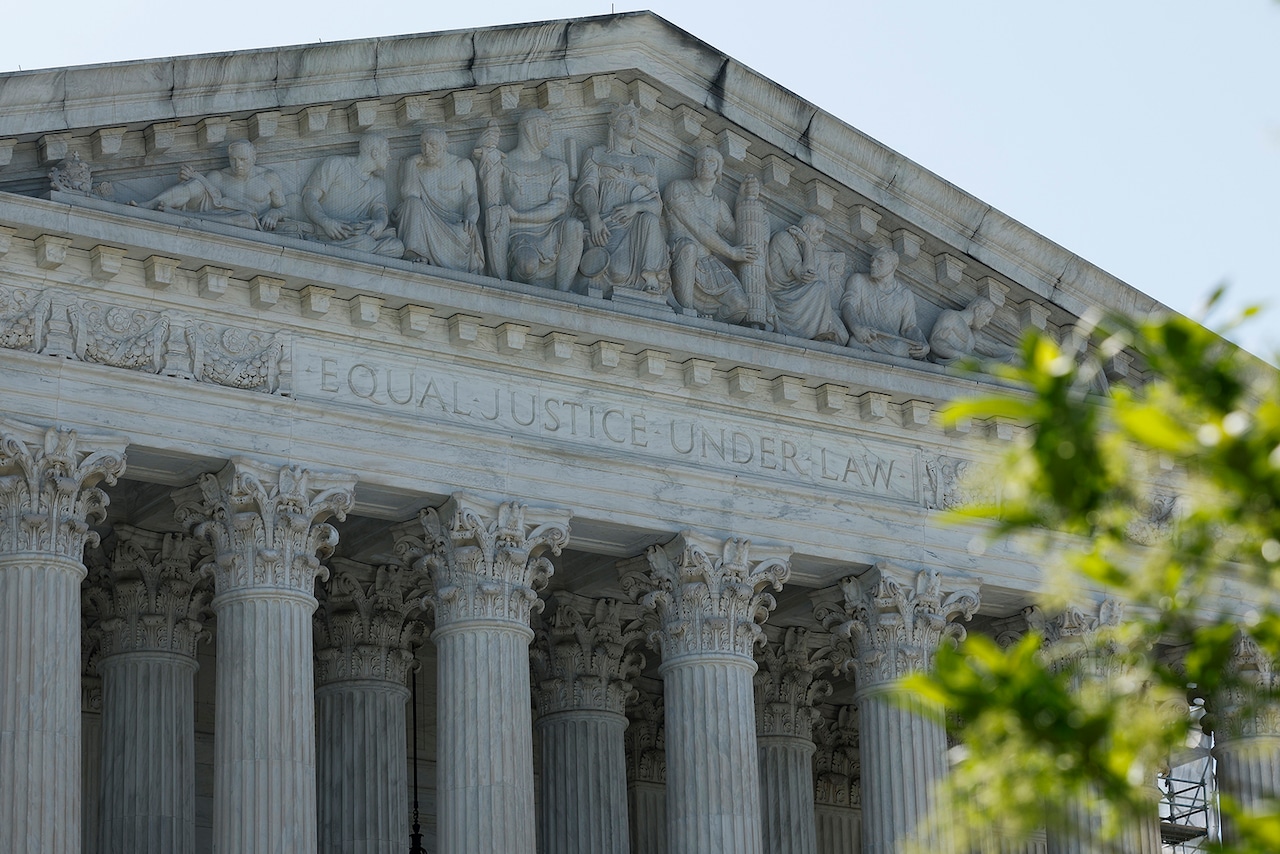Copyright newsweek

Tens of thousands of Kaiser Permanente workers have ended their strike, after starting the strike last week and having announced their intent to strike at the beginning of this month. In a statement, Kaiser Permanente said it has welcomed back the approximately 30,000 employees across Oregon, Washington and Hawaii who were on strike from 7 a.m. Tuesday to 7 a.m. on Sunday, October 19. Kaiser Permanente and the bargaining units plan to resume negotiations on Wednesday, with a focus on wages, patient care and staffing. “While the Alliance has publicly emphasized staffing and other concerns, wages are the reason for the strike and the primary issue in negotiations,” according to a statement from Kaiser Permanente. Why It Matters The United Nurses Associations of California/Union of Health Care Professionals (UNAC/UHCP), a union representing nurses, midwives and other health care professionals, announced its intention to strike on October 3, giving the requisite 10 days’ notice required by law before the strike began on October 14. The UNAC/UHCP said that Kaiser has delayed negotiations for a new collective bargaining agreement that have been ongoing for months. Their contracts expired at the end of September with no agreement reached. Kaiser Permanente workers picketing in front of the Los Angeles Kaiser Medical Center in Los Angeles, Wednesday, Oct. 15, 2025. (AP Photo/Damian Dovarganes) Union workers say wages are not competitive with local employers, open seats are not always filled, and understaffing has led to challenges in patient care and quality of care. “We are continually met with rising costs of living. … Some of our partners in the Alliance are making 20 percent less than their counterparts in other areas,” Denise Bolanos-Rice, 45, a nurse working at a Kaiser Permanente location in Bakersfield, California, told Newsweek last week. “We’re here to do what it takes to win a fair contract. We’re here to stand by our patients and profession.” What To Know Kaiser Permanente has more than 300,000 employees and reported $115 billion in annual revenue in 2024. With its subsidiary Risant Health, the organization consists of 55 owned hospitals, 841 medical offices and more than13 million health plan members. The union points out that the company has more than $60 billion in cash reserves, up from $40 billion four years ago, and that during the COVID-19 pandemic wages stayed stagnant. What People Are Saying In a statement released Sunday at the end of the strike, the UNAC/UHCP pointed out that: “The Joint Commission’s new standards on staffing, released during the strike, will reshape the landscape of contract negotiations moving forward. It elevates safe staffing from an employer ‘choice’ to a patient safety standard. This shift strengthens caregivers’ position when negotiations resume.” The statement continued: “Throughout the week, Kaiser executives focused on percentages and costs — avoiding mention of their own billions in reserves — while UNAC/UHCP and other Alliance of Health Care Unions caregivers focused on the real issue: patient safety. The union message cut through: unsafe staffing hurts patients, and solutions can no longer wait.” Liz Hernandez, a Kaiser nurse working outside of Los Angeles, told the Center for Media and Democracy: “We asked Kaiser to increase our pay by 5 percent during COVID…and Kaiser declined, saying that negotiations would need to wait until the next contract… In 2020, without hesitation, I spent $36,000 on high-quality N95 gel masks, so when Kaiser said no to increasing our pay back then it was like a slap in the face. We have sacrificed so much of our short lives for them on the front lines. It’s time for us as nurses to stand firm and say, ‘We’re the ones providing high-quality care, making you look good. You are what you are because of us.’”



